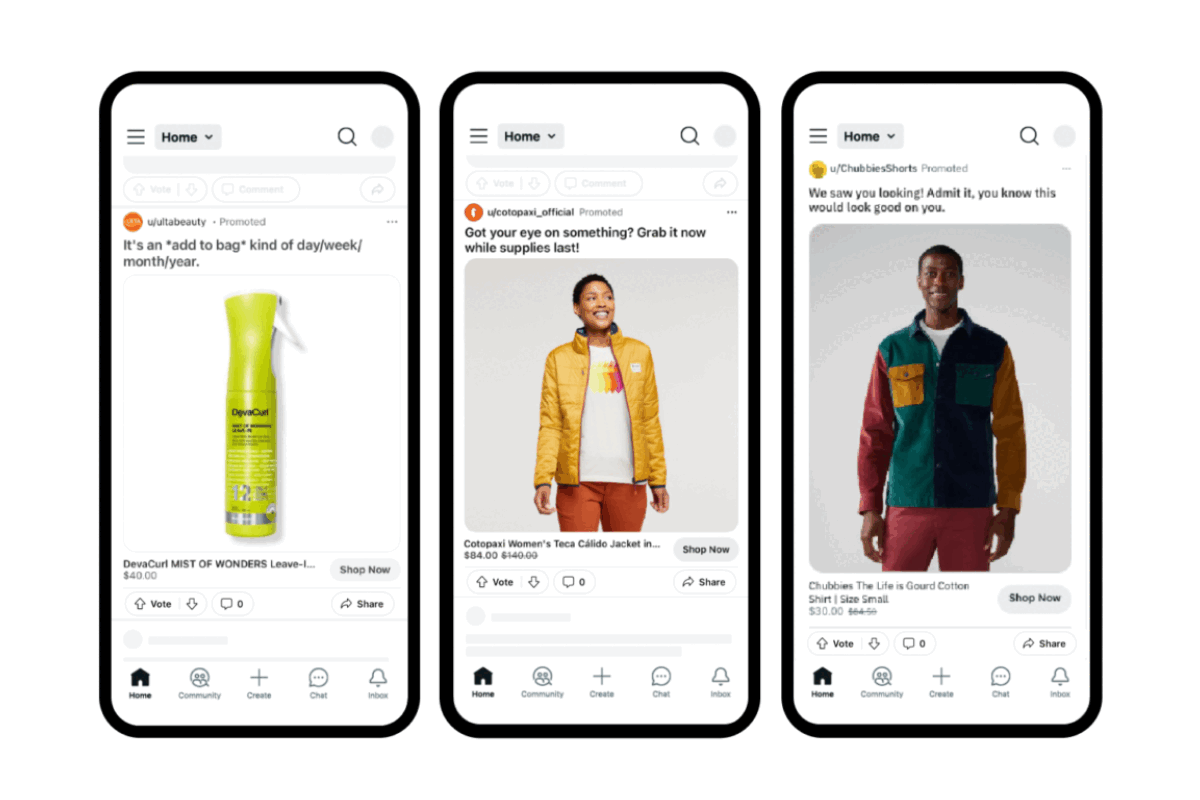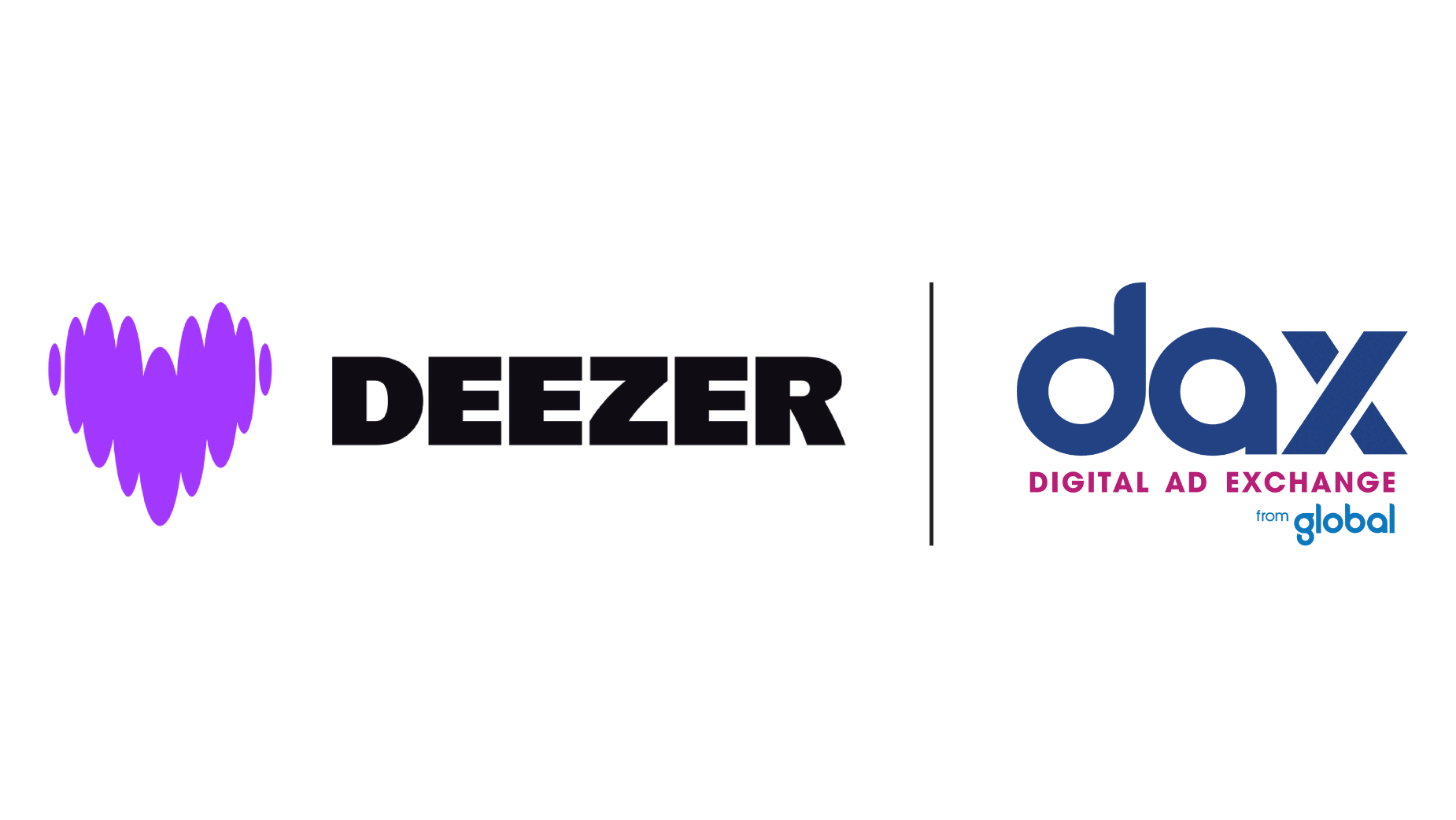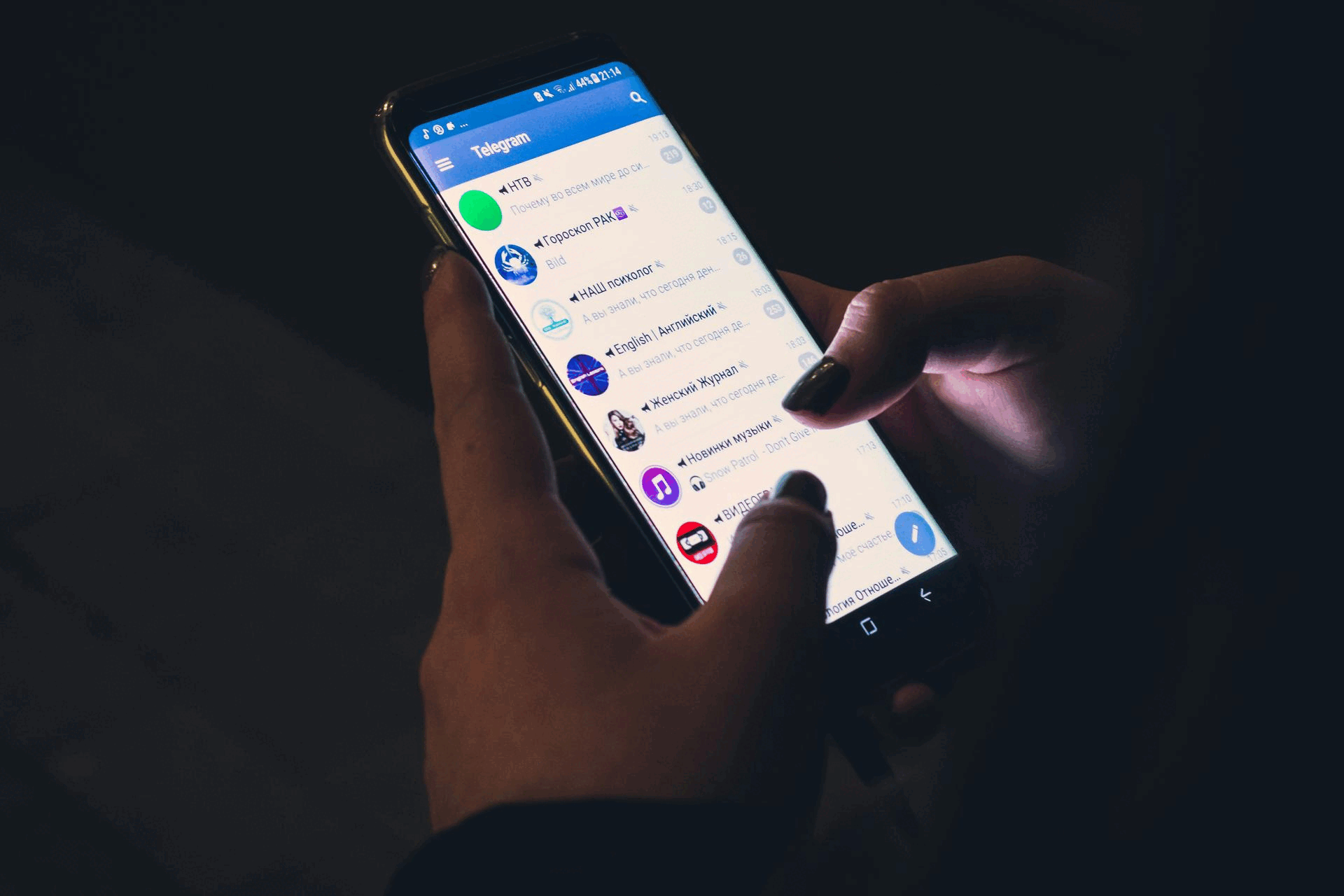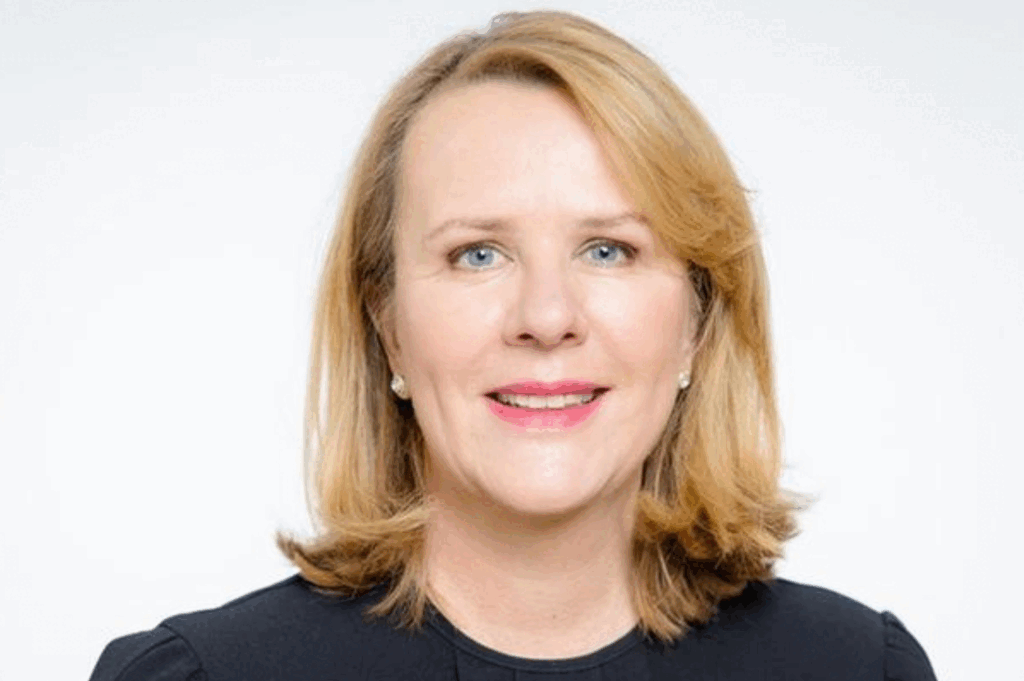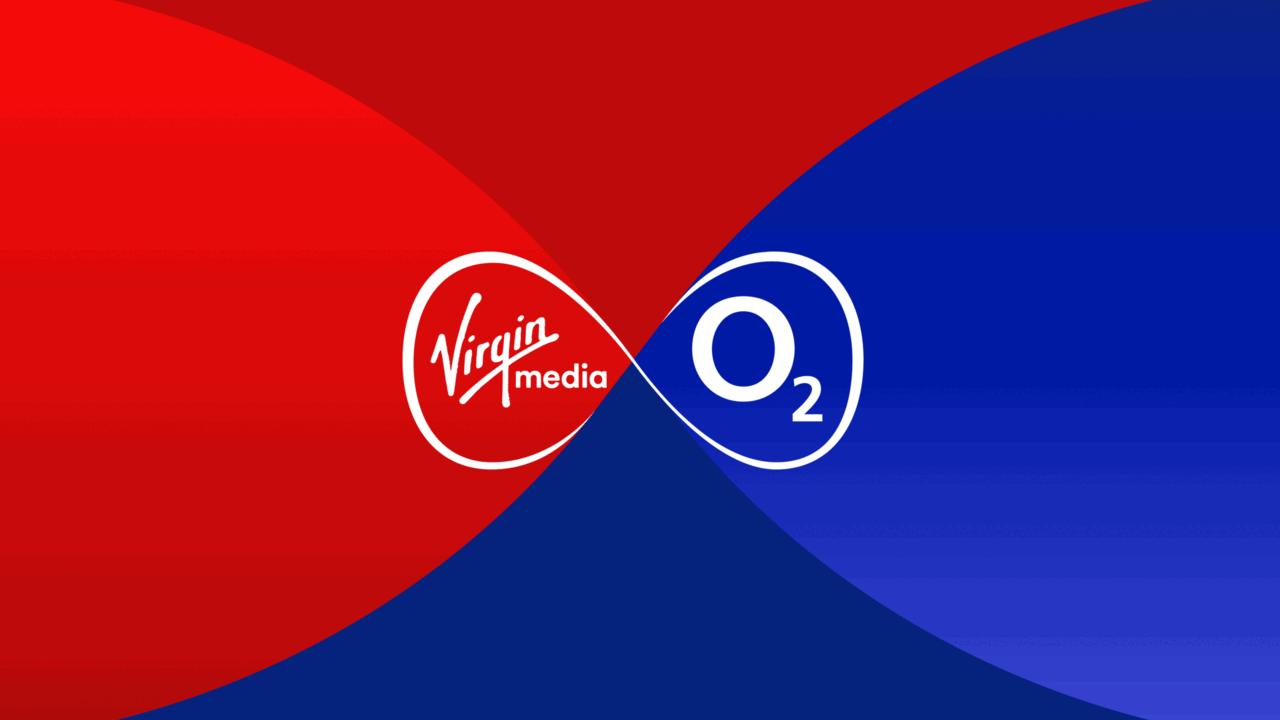Broadband is as essential as water and electricity – report
- Tuesday, September 11th, 2018
- Share this article:
 More and more governments around the world now keep an eye on the status of broadband as part of their national plans with nearly half of the world’s population now using the internet, according to a report from the Broadband Commission for Sustainable Development.
More and more governments around the world now keep an eye on the status of broadband as part of their national plans with nearly half of the world’s population now using the internet, according to a report from the Broadband Commission for Sustainable Development.
Along with governments actively looking to address connectivity, at least 15 countries now have strategies in place for promoting the safe use of artificial intelligence.
With the vast majority of the world’s connected population inhabiting urban and densely populated areas, the problem of how to connect those in rural and remote areas to the internet is still a challenge – and an expensive one. According to the International Telecommunication Union (ITU), an estimated $450bn will need to be spent in order to connect the next 1.5bn people.
“Broadband infrastructure is vital country infrastructure, as essential as water and electricity networks,” said Houlin Zhao, secretary-general of the ITU and co-vice chair of the Broadband Commission for Sustainable Development. “The data analysis and policy recommendations contained in the 2018 State of the Broadband report come at a crucial time when Internet access is more important than ever before.”
To boost broadband, the Broadband Commission has recommends that national leadership must be built for broadband, internet training must be promoted, ICT developments should be monitored to inform policy, universal service measures should be reviewed, digital skills and literacy needs to be strengthened, there needs to be more support for local eBusinesses, legal frameworks must be adapted, and taxes should be reduced.
The report also highlights the Broadband Commission’s targets which include making broadband policy universal, making broadband more affordable, getting a portion of the ‘other half’ of the world online, define what can be considered as a ‘minimum level of proficiency in digital skills’, support the growth of digital financial services, get more businesses online, and achieve gender equality in access to broadband.





